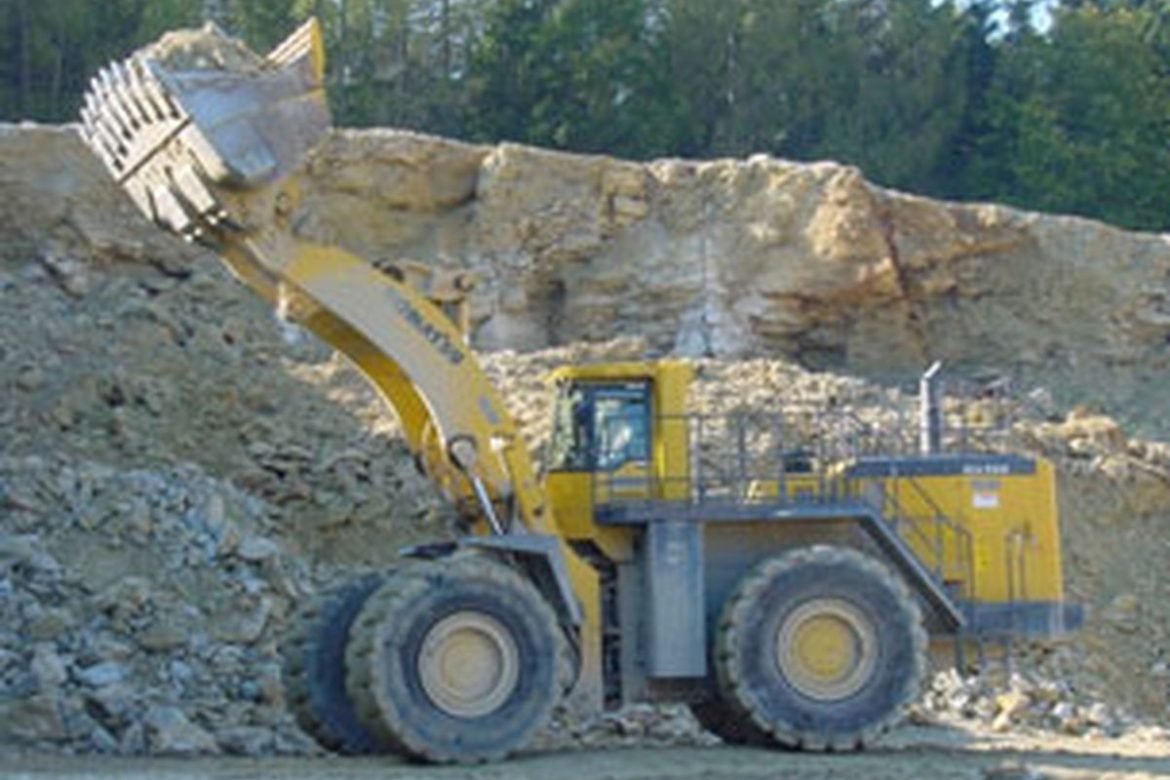The European court of human rights (ECHR) ruled in the case of “Werra Naturstein GmbH & Co KG V. Germany”: Germany is obliged to pay 1 million euros to the company for the fact that it lost profits, was forced to move to a new place, as well as for the legal costs incurred due to the expropriation of land owned by the company.
The German company, Werra Naturstein GmbH & co KG, a supplier of building materials in Bavaria, Thuringia and Saxony, filed a lawsuit against Germany for the protection of human rights and fundamental freedoms.
In July 1994, the applicant company purchased the land where the limestone sediment lay. The company acquired a license to develop the field for 25 years. Subsequently, the development of a limestone quarry began, and the applicant managed the plant directly next to the quarry to convert the limestone into building material. In 1997, the company received permission to use the quarry as a landfill using soil waste from excavation at other sites.

Meanwhile, the Federal authorities began the process of planning a new highway that was to pass through the quarry. 7 Nov 2000 bad Salzungen mountain management refused to approve the plan of activities of the applicant company for the continued operation of the quarry. Consequently, the applicant company had to stop limestone mining in 2001 and move its operations to another nearby mining site.
The old site had 4,700,000 cubic meters of limestone (67% of the original volume) in the ground. The applicant company had to bear the costs of relocating the plant, including the removal of machinery and the construction of roads and buildings. The administrative objection that it filed against the decision of the Mining authority was not accepted.
On 26 may 2003, the government of Thuringia decided to build a highway, and officials felt that too much money and work would be spent to bypass the site owned by the applicant company.
The applicant company did not accept the government’s decision and appealed to the Federal administrative court. On 2 February 2004, after the Federal administrative court stated that the relevant part of the planning decision was not accurate enough, the Land changed it, adding a “clarification” that the “seizure” ( Inanspruchnahme ) had provided compensation to landowners, the amount and the scope should be determined in the course of separate expropriation procedures. The applicant company and the Länder subsequently declared a decision ( erledigt) and in 2004 the Federal administrative court ruled that the proceedings should be terminated.
Expropriation procedure
In 2005, the Federal government seized the applicant company’s land for road construction after it reached an agreement with the applicant company in the proceedings concerning the temporary arrest. On 19 June 2006, following the commencement of the formal expropriation proceedings, the court report submitted by the sworn expert recorded losses and additional expenses in the amount of approximately € 3 million 500 thousand, including the cost of limestone, as well as lost profits from the landfill, relocation costs, etc.
On 26 March 2008, the Administration of Thuringia expropriated part of the applicant company’s land on which the highway was built and decided that the Federal government should compensate the applicant company for part 865 thousand euros. This amount included about 22 thousand 800 euros as compensation for the cost of land as agricultural land and some of the costs of moving the plant (new infrastructure, transport equipment and opening of a site for a new mine).
Both parties requested judicial review. The Federal government felt that the cost of relocating the quarry should not be compensated. The applicant company, on the contrary, demanded compensation of EUR 2,300 thousand plus interest, in particular, for the loss of the landfill capacity and the related profit, further costs of relocation and capacity reduction during the transition period.
As a result, after applying to the ECHR, the court took the side of the German company and awarded Germany to pay 1 million euros. Although the applicant company demanded 8 million 571 thousand 715,24 euros as compensation for material damage. The government of Germany contested these claims by the claimant company and considered them excessive.
On 19 July 2017, the ECHR unanimously decided that the Respondent state should pay the applicant company EUR 1 million within three months of the date of the final decision. After the above-mentioned three months until settlement simple interest shall be payable on the above amount at a rate equal to the marginal lending rate of the European Central Bank during the default period plus three percentage points.
 info@anticorr.media
info@anticorr.media



